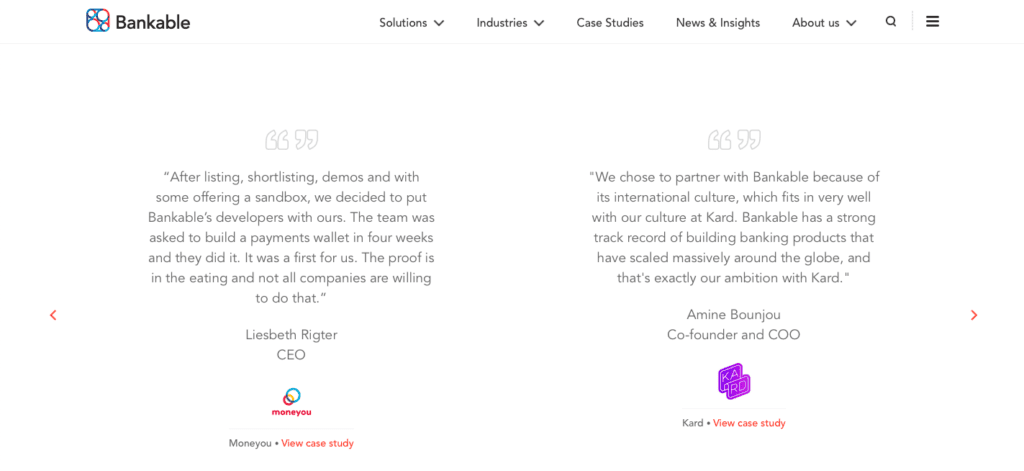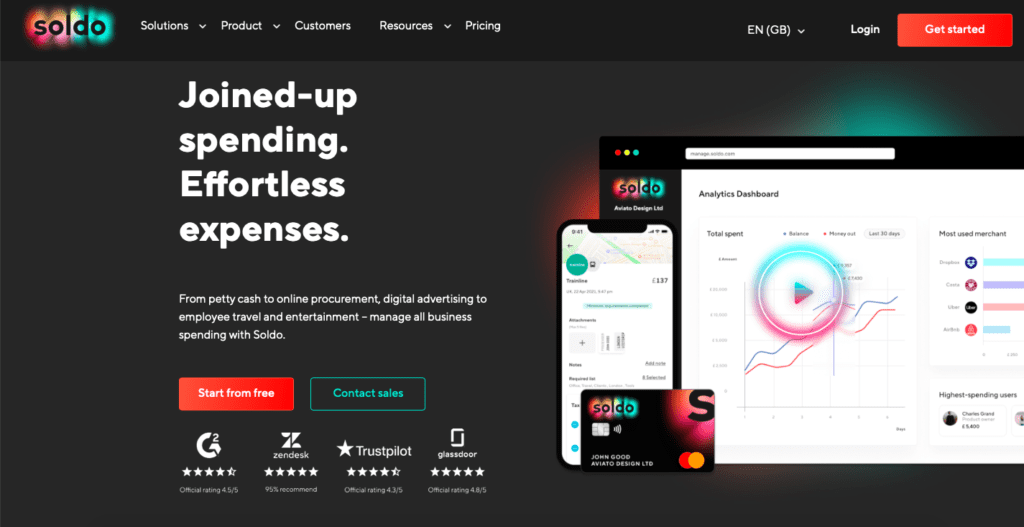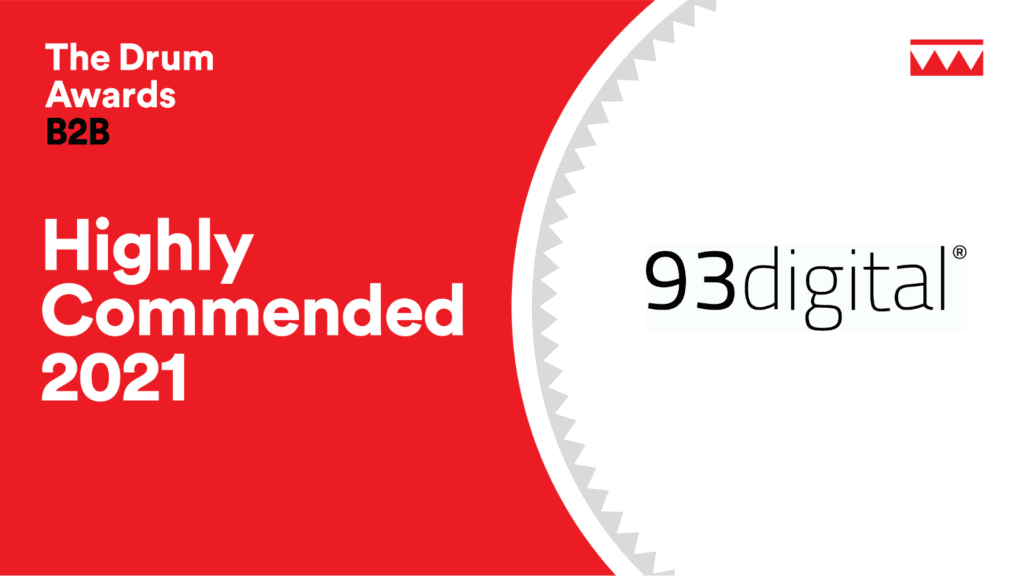How to embed social proof into your B2B website

Have you ever felt like products labelled ‘most popular’ are a safe bet? Do you ask your friends and family for advice if you want to purchase a product you are not familiar with? There’s a psychological reason behind these behaviours, called social proof.
What is social proof?
Social proof is known as a shortcut to the best decision. Here’s an example: Imagine you are wandering around the streets thinking of what to have for lunch. Suddenly, you see a restaurant with a long queue outside, and you say to yourself, “I guess that’s a good choice since many people are waiting for it. It has to be delicious!”
Social proof is defined as a psychological phenomenon whereby people follow other people’s actions to reassure themselves that they are making the right decision.
In an early experiment conducted by Bandura, Grusec, and Menlove (1967), a group of children in nursery-school-age were terrified of dogs. The researchers showed them a little boy playing happily with a dog for 20 minutes a day to eliminate their fear. After four days, 67% of the children were willing to pet and scratch the dog in the same playpen.
Furthermore, Cialdini (2021) discovered that social proof is most influential under three conditions: uncertainty, the many, and similarity.
- Uncertainty: When we are in uncertain situations or scenarios, we are more likely to follow other people’s actions and consider their actions correct.
- The many: People tend to follow the majority since it appears to them as correct, feasible and socially acceptable.
- Similarity: People follow the beliefs and actions of comparable others, especially their peers – a phenomenon called peer-suasion.
Why should B2B tech marketers use social proof?
It’s often said that B2B buyers are more rational than B2C buyers and the B2B purchase journey tends to be more complex than in B2C. It’s true, B2B decisions need a lot of logical consideration since they impact entire companies, but individual B2B buyers don’t want to make an error on behalf of their organisation of hundreds or even thousands of people. This is particularly true for Enterprise tech, software and SaaS organisations, where purchase decisions can be for six or seven figure values.
As evident by this fear, emotion drives B2B decision-making and plays an important role in the B2B marketing world. Hence, both B2C and B2B marketers are widely adopting emotion-led marketing strategies to attract new buyers, and social proof is not an exception.
On the FINITE podcast, Amanda Malko, CMO at G2, mentioned “one of the most primary emotions in B2B buyers is fear of missing out…I think we make software choices because of who we are, and it goes back to our peers. We see that other people are using it and being successful.”
B2C and B2B buyers rely on social proof because it’s a safety net to prevent themselves from making the wrong decision. By utilising social proof, B2B marketers can simplify their decision-making journey and ease their fear by showcasing the choices that the majority makes.
But how do we embed social proof on B2B websites where B2B buyers will see evidence of social proof? Here are 6 ways to give your B2B buyers confidence in their purchase decision.
Testimonials
As B2B buyers are bombarded with choice, this overload makes it even more daunting to make a decision. In choice overload, you can provide existing customers’ comments on your product or service, which can help new buyers to be more confident about their decision. This is because testimonials provide social proof that your product or service is beneficial for others.
For example, look at software company Bankable. The positive comments from C-Suite customers assuage doubts and encourage prospective leads to continue pursuing the route down the funnel and lessen their fear when making decisions. This is because testimonials use social proof to eliminate uncertainty and shed light on the challenges that B2B buyers are specifically facing.

Ratings
Another way of embedding social proof onto your B2B website is by displaying ratings. This is a well-known strategy you can use to help your customers reassure themselves that they’re not making the wrong decision.
Furthermore, B2B buyers tend to trust online reviews just as much as B2C buyers take recommendations from their family, friends and the Internet. From Trustradius 2021 B2B marketing statistics, 45% of B2B buyers use reviews during their purchase process.
For instance, look at FinTech organisation Soldo. They showcase their reviews from different rating platforms on their homepage, to provide proof that their solution is liked and trusted, and to ensure prospects feel more confident in their decision making process.

Case studies
Case studies provide information on how you work with your current customers or clients and state the problems you resolve. In the B2B buyers Insight Report 2021, over 70% of the B2B buyers consume case studies during their research process.
On a B2B website, case studies are often categorised by company sector, so users can directly see how similar businesses are using your product or service. According to Cialdini, one of the factors that influences social proof is the similarity between a decision maker and the group. Therefore, case studies are best sorted by company sector to showcase similar customers and to make the most of the psychology of social proof.
For example, look at Enterprise software company Zuken. They displayed case studies on their website for potential leads to look into details of their work. By leveraging successful collaboration with existing customers, case studies can earn trust from new B2B buyers.

Awards and certifications
While testimonials provide social proof from customers, and case studies provide social proof from a brand’s own work, awards and certifications are a great way to provide social proof from an established and credible source.
For instance, look at SaaS organisation Immerse‘s awards and badges. These accolades can be very powerful evidence for B2B buyers because these awards are presented by third parties. Hence, they empower prospective customers with the confidence to pursue further research. The more awards, and the more recognisable they are, the better.

Social media links
Social media links are another way to leverage social proof. Forbes surveyed over 500 decision-maker B2B executives of mid and large companies, and found that 83% use social media to make their decisions.
Take a look at EdTech company Learnosity. By simply adding social media links on the website, new B2B buyers can access these social channels and explore your connection with existing clients. These links could help new buyers see your interactions with current customers and feel more confident in your product or service.

Numbers of users and logos of companies
Displaying the number of current users, and logos of companies who use your products and services, are useful ways to embed social proof into your B2B website.
In Cialdini’s book, he mentioned that restaurant menus labelled ‘speciality of the house’ or ‘our chef’s recommendation for tonight’ were not as impactful as ‘most popular’. In other words, the decisions made by the majority are more valid to new customers than the recommendations that are self-written.
Furthermore, as per Cialdini’s three conditions that heighten the influence of social proof, displaying your number of customers addresses ‘the many’. The sheer amount of businesses already using your product reinforces prospects’ view of your brand as trustworthy and valuable.
In a B2B scenario, recruitment software platform PathMotion displayed their clients’ logos and the number of users on their website. When buyers are uncertain about their decisions, these elements can give confidence to new buyers to make up their minds. Real-time user numbers are one of the most direct forms of social proof, as they are obvious evidence of other businesses already using your solution.

Summary
Social proof is a psychological phenomenon that gives people confidence when they are in ambiguous situations. People follow the majority to ensure they are making the right decision.
The tools that are mentioned above can help you to embed social proof onto your B2B website, where buyers will often carry out their purchase research. With these tools implemented on your website, you can give prospects the confidence they need to purchase, and shorten the length of your buyer journey.

We won ‘Highly Commended’ at the Drum Awards B2B!

Internal day: November 2021
Let's Talk
Do you have a web design and build project coming up that you would like to talk about?